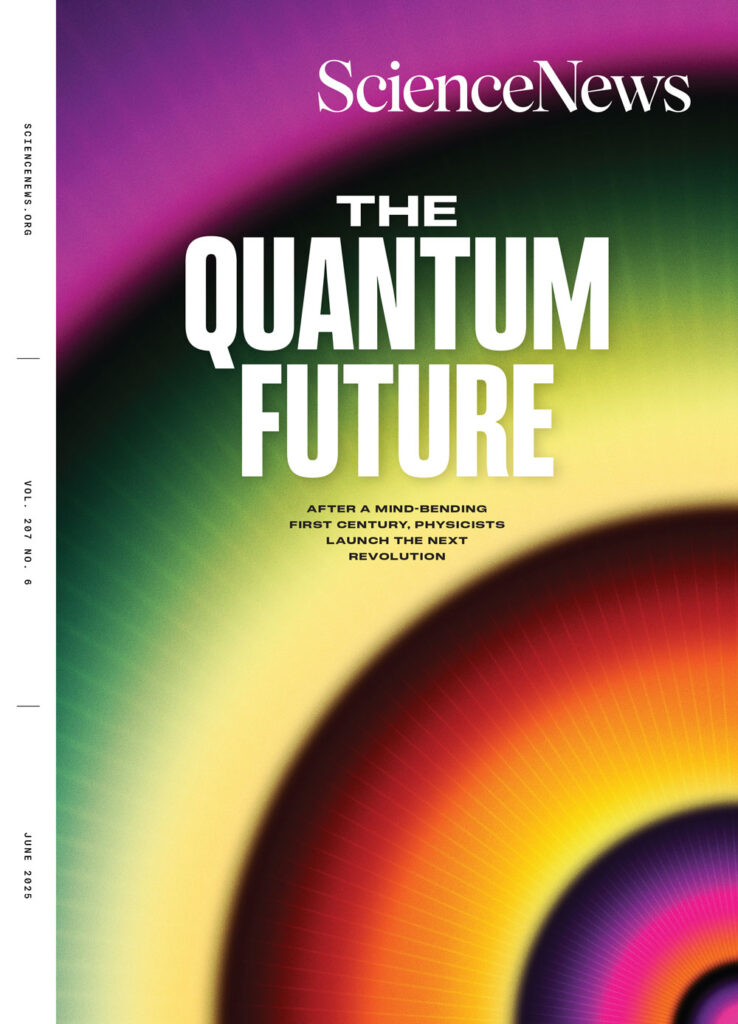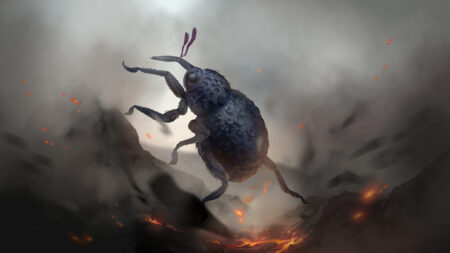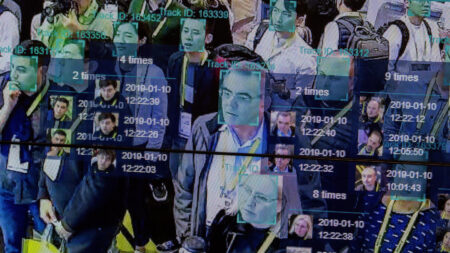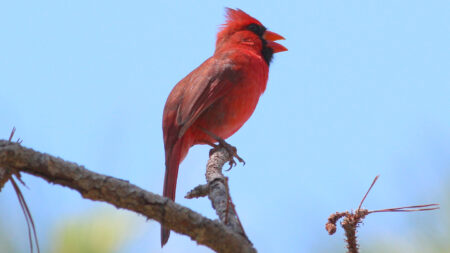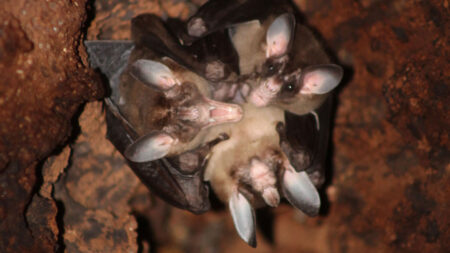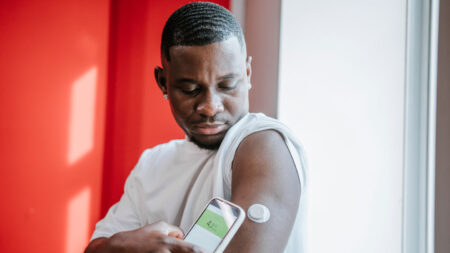A quantum query
A century ago, physicists laid the foundation of quantum mechanics. Today, with greater control of quantum systems, scientists are making major leaps in quantum computing, quantum gravity and more, senior physics writer Emily Conover reported in “The next quantum frontier.”
Some physicists are exploring the possibilities of quantum biology, the idea that quantum effects influence living things. For instance, some have proposed that birds use a quantum compass to sense magnetic fields, Conover wrote.
Reader Linda Mayer wondered whether quantum biology might one day lead to medical breakthroughs. Mayer imagined Star Trek’s Dr. McCoy using tricorders to diagnose diseases, or remote healing devices that could instantly cure cancer or broken bones.
It’s yet to be confirmed whether quantum effects are indeed relevant in biology. But if they are, Clarice Aiello, a physicist at the Quantum Biology Institute in Los Angeles, has ideas. For instance, if weak magnetic fields can alter biological processes via quantum mechanics, it might be possible to tweak certain biological functions by applying tailored magnetic fields. And those magnetic fields could be produced by simple electronic devices, Aiello says. “Right now, this is completely science fiction. But maybe one day, this way of actuating biology could be at the hands of anyone with a cell phone.”
Do you remember?
A brain-scanning study revealed that a structure called the hippocampus can encode early memories, senior neuroscience writer Laura Sanders reported in “Babies form memories like adults do.”
Reader Monika Goodwin shared her earliest memory from 6 months old. “At that time, only a few years after World War II, my family [was displaced] from East to West Germany. We lived in a darkish, large attic room divided by curtains. I remember the surroundings from that day and that I was sitting and playing with colored wood blocks in my crib with white steel bars. I put a wood block into my mouth, and I could not breathe. It became total darkness for me, and I passed out. I have always remembered this and mentioned it actually seldom,” wrote Goodwin. Decades later, Goodwin’s older sister, who was 6 years old during the event and had sought help from the neighbors to save her, corroborated the memory. She “was so surprised that I remembered this at such a young age.”
Bird brain
Brain activity of vocalizing budgerigar parrots echoes that of humans in key ways, senior neuroscience writer Laura Sanders reported in “Budgie brains parrot human speech centers.”
The story reminded reader Gail Bruce of their pet budgie, who often tags along on camping trips. When the tradition first started, “we’d put her outside in her cage, so she wouldn’t get lost but could enjoy the sunshine and fresh air. To our surprise, she started picking up other bird songs,” Bruce wrote. Bruce thinks camping has increased the budgie’s sounds and songs. “We’ve never really worked on teaching her human sounds because bird sounds are so much more beautiful.”
Read the full article here







